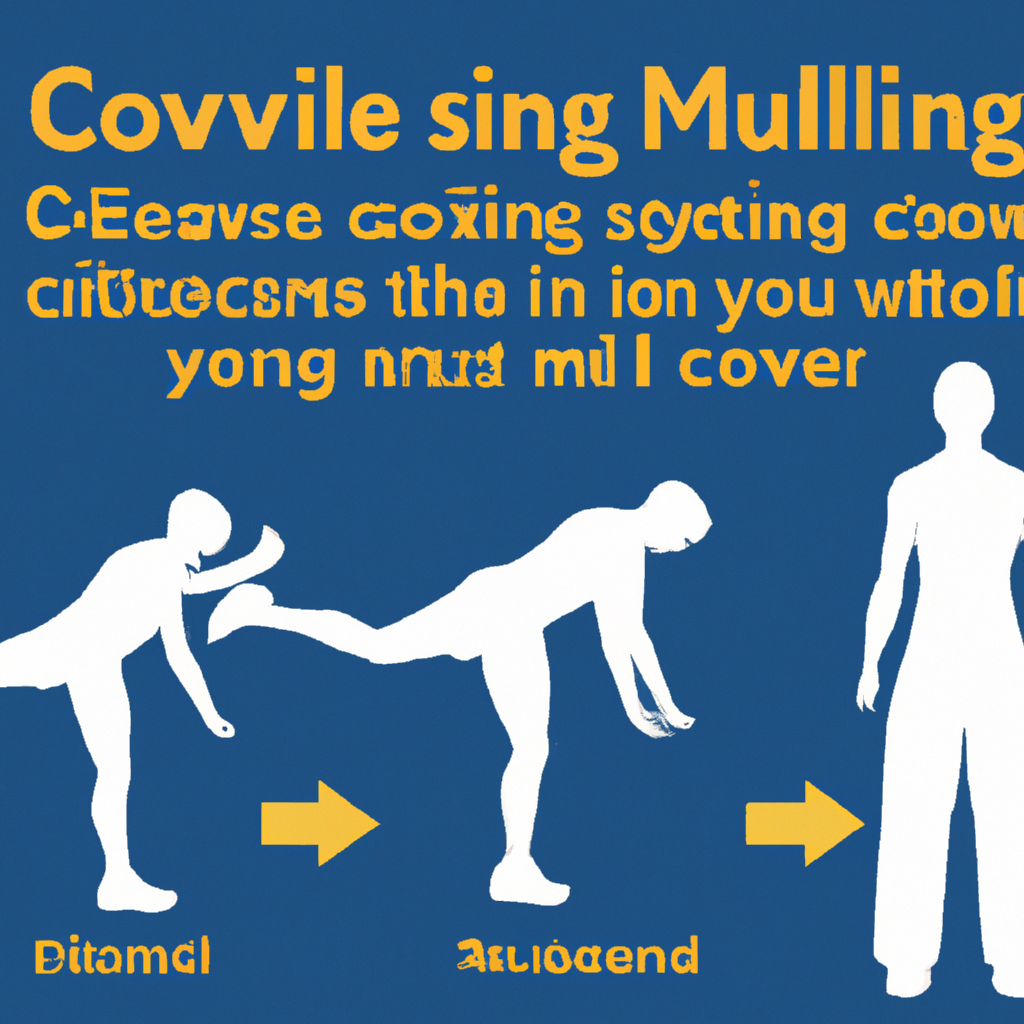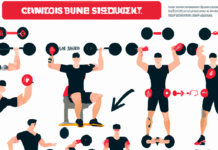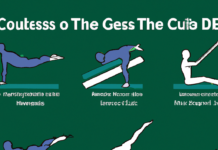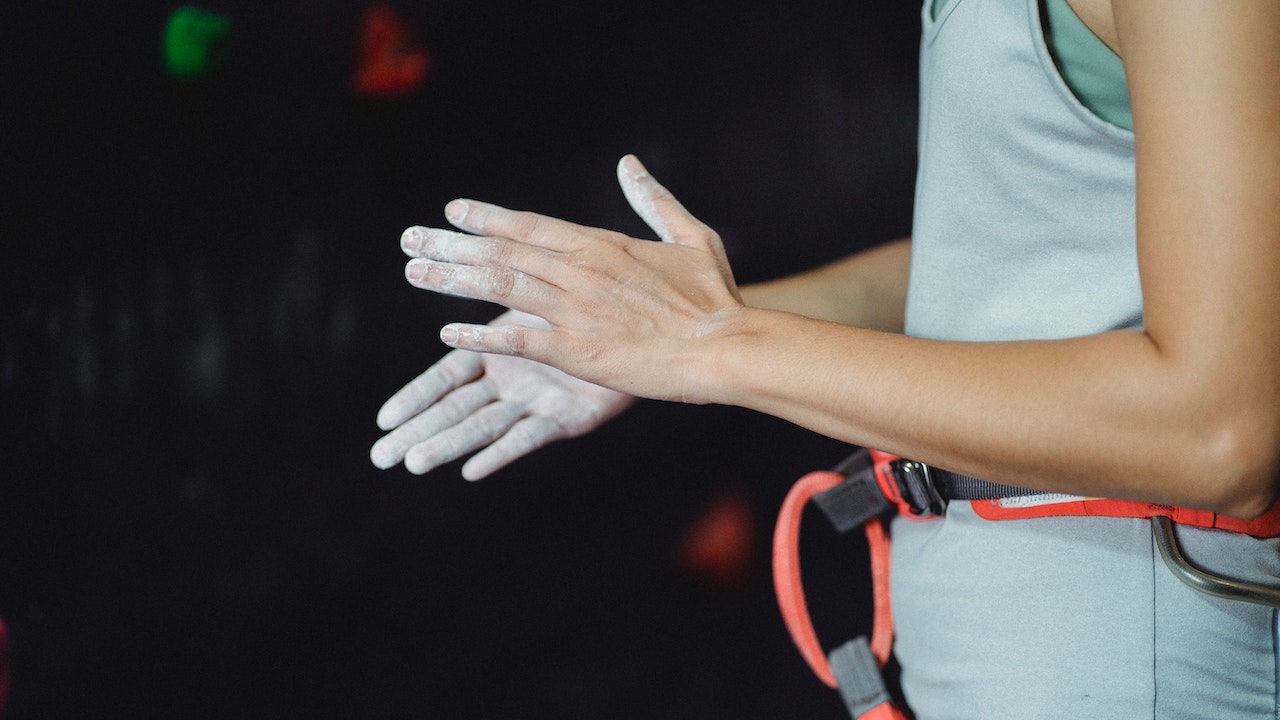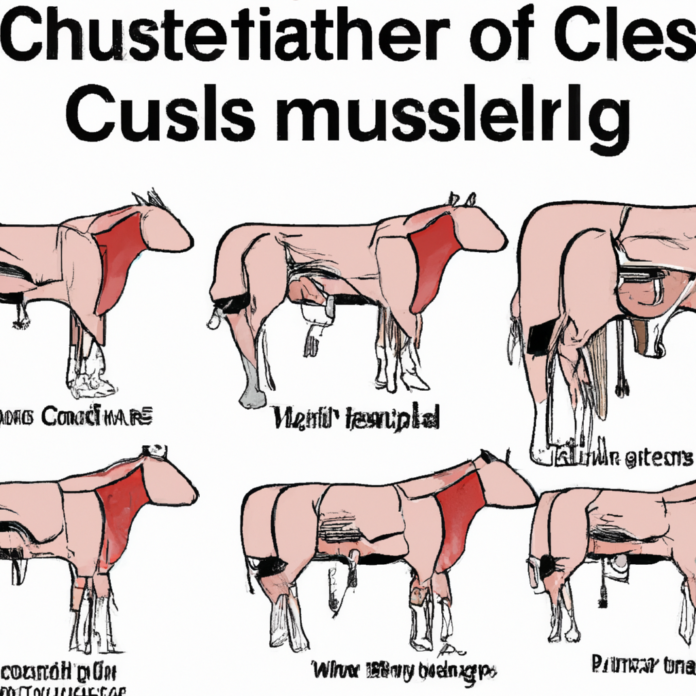# Understanding Your Calf Muscles: A Comprehensive Guide
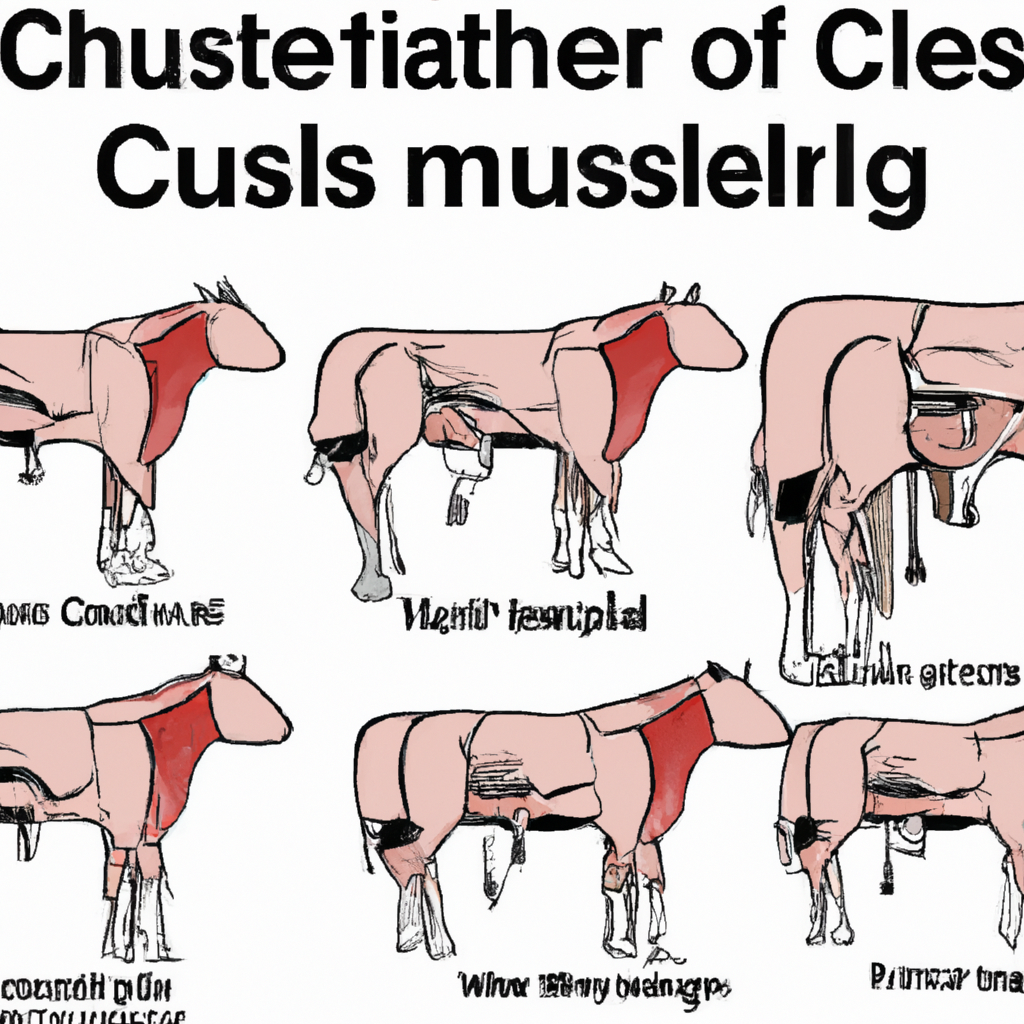
Have you ever experienced tightness or pain in your calf muscles after a workout or a long day of walking? Your calf muscles play a crucial role in various activities, yet they are often overlooked when it comes to exercise and stretching routines. In this blog post, we will delve into the anatomy of the calf muscles, common issues related to them, and effective ways to keep them healthy and strong.
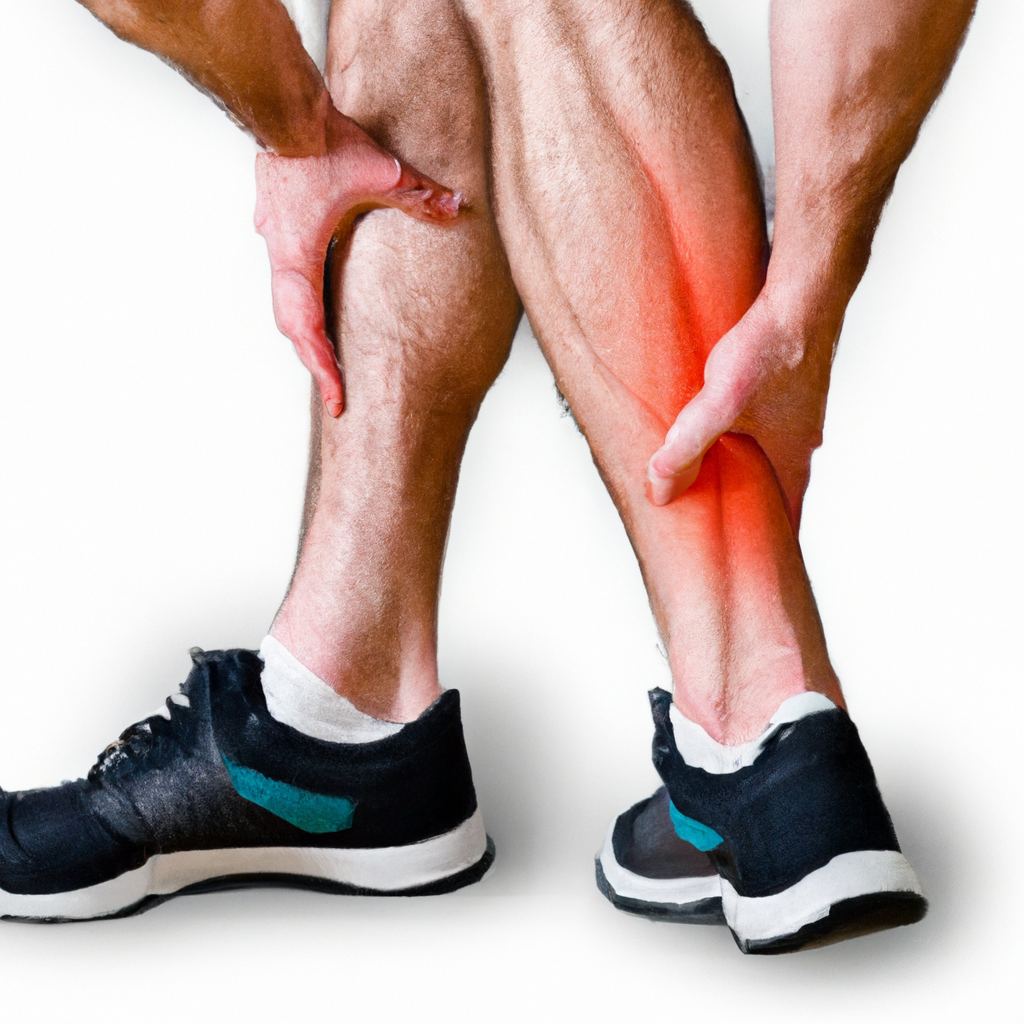
## Introduction: The Anatomy of Your Calf Muscles
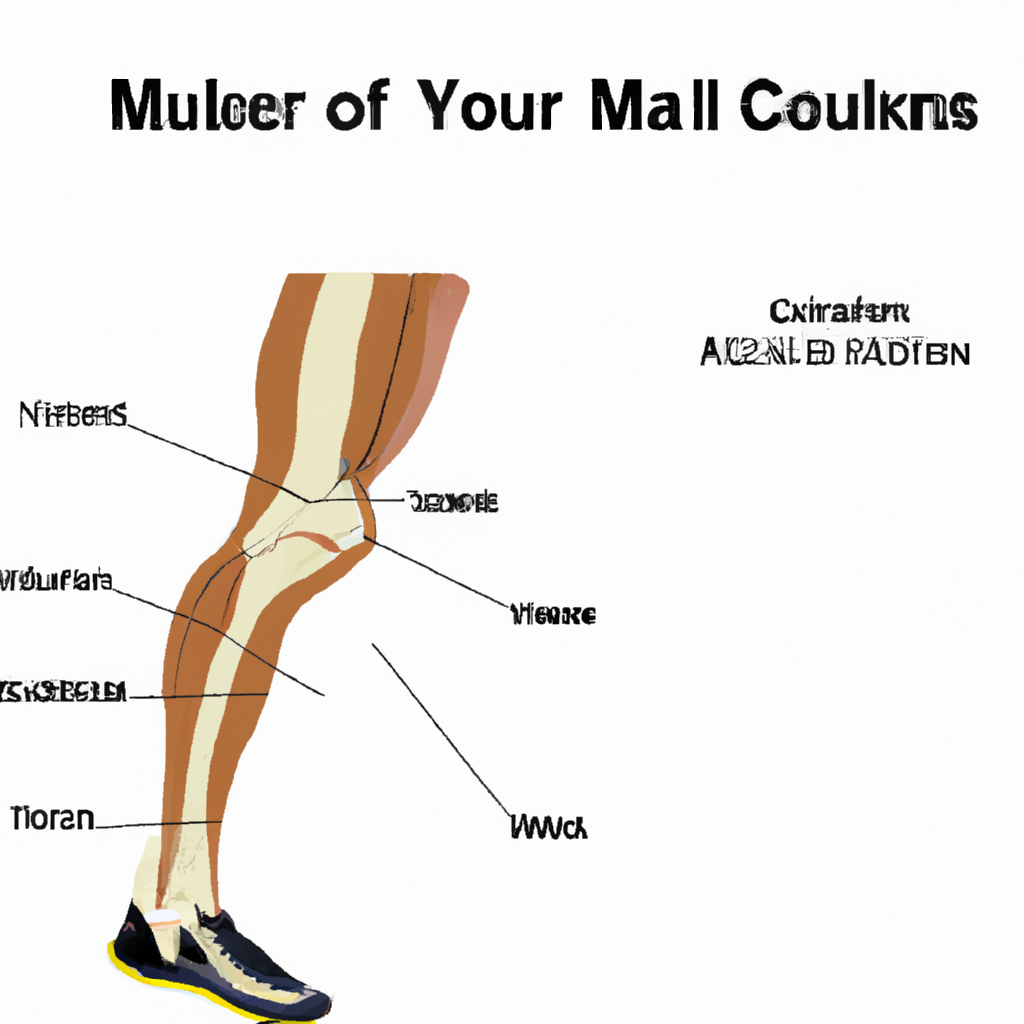
The calf muscles, known as the gastrocnemius and soleus muscles, are located at the back of your lower leg. These muscles are responsible for plantar flexion, which is the movement of pointing your toes downwards. They are actively engaged in activities such as walking, running, and jumping. Understanding the structure of these muscles is essential for preventing injuries and enhancing performance.
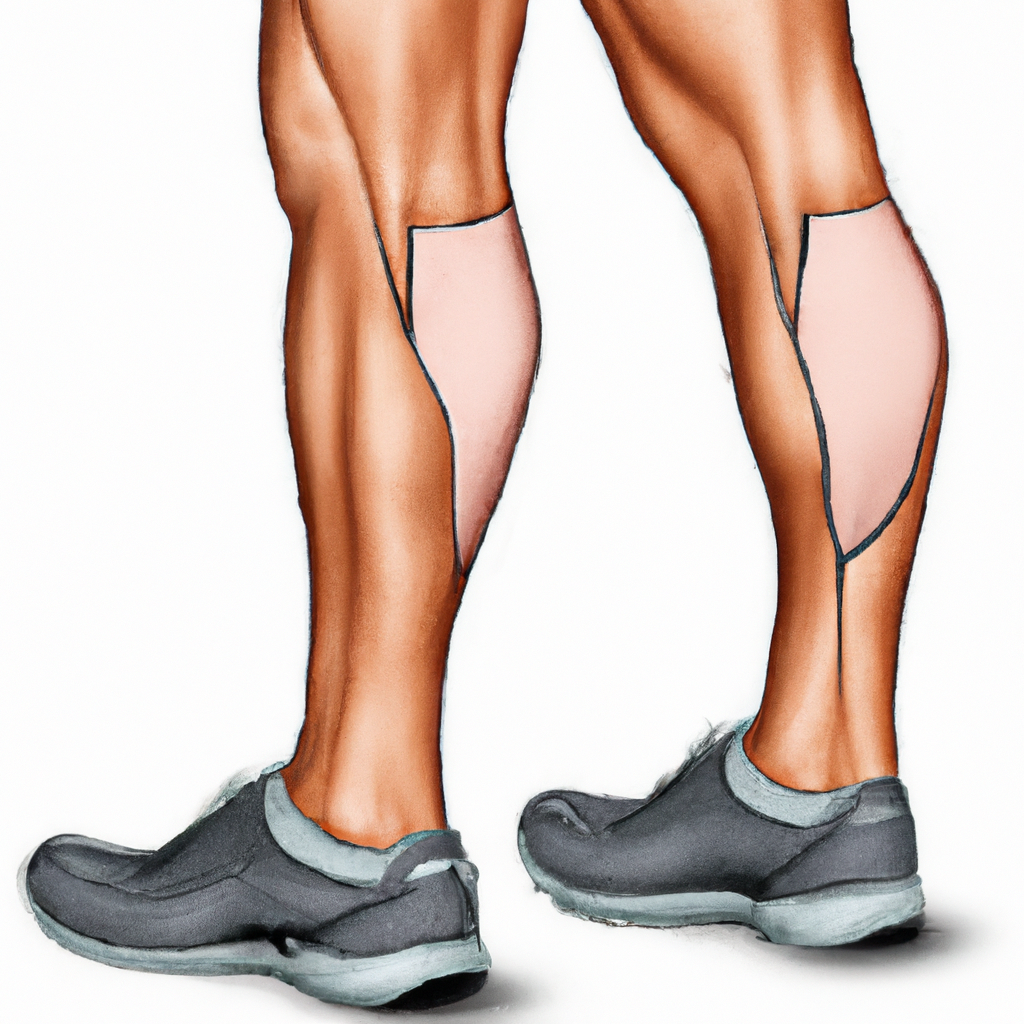
## Main Body: Common Issues and Tips for Calf Muscle Care
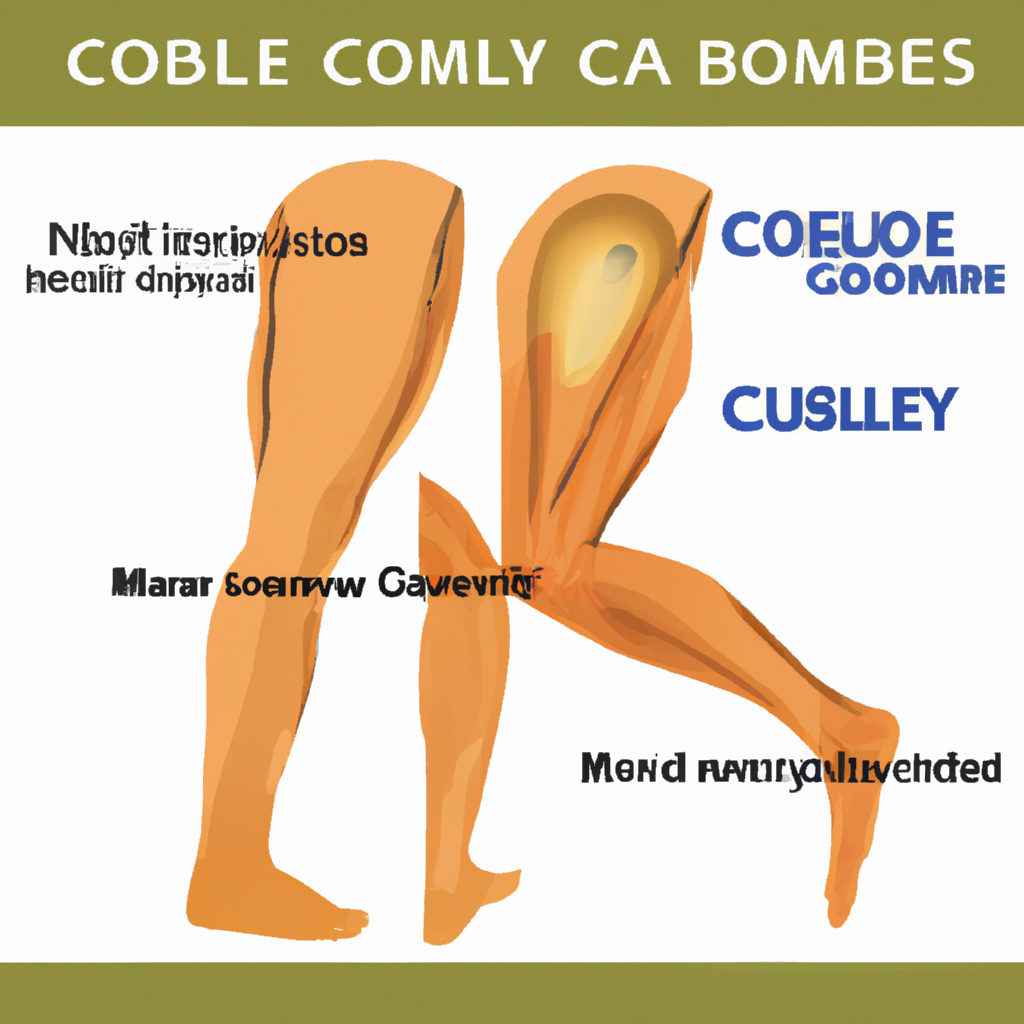
### Common Issues:
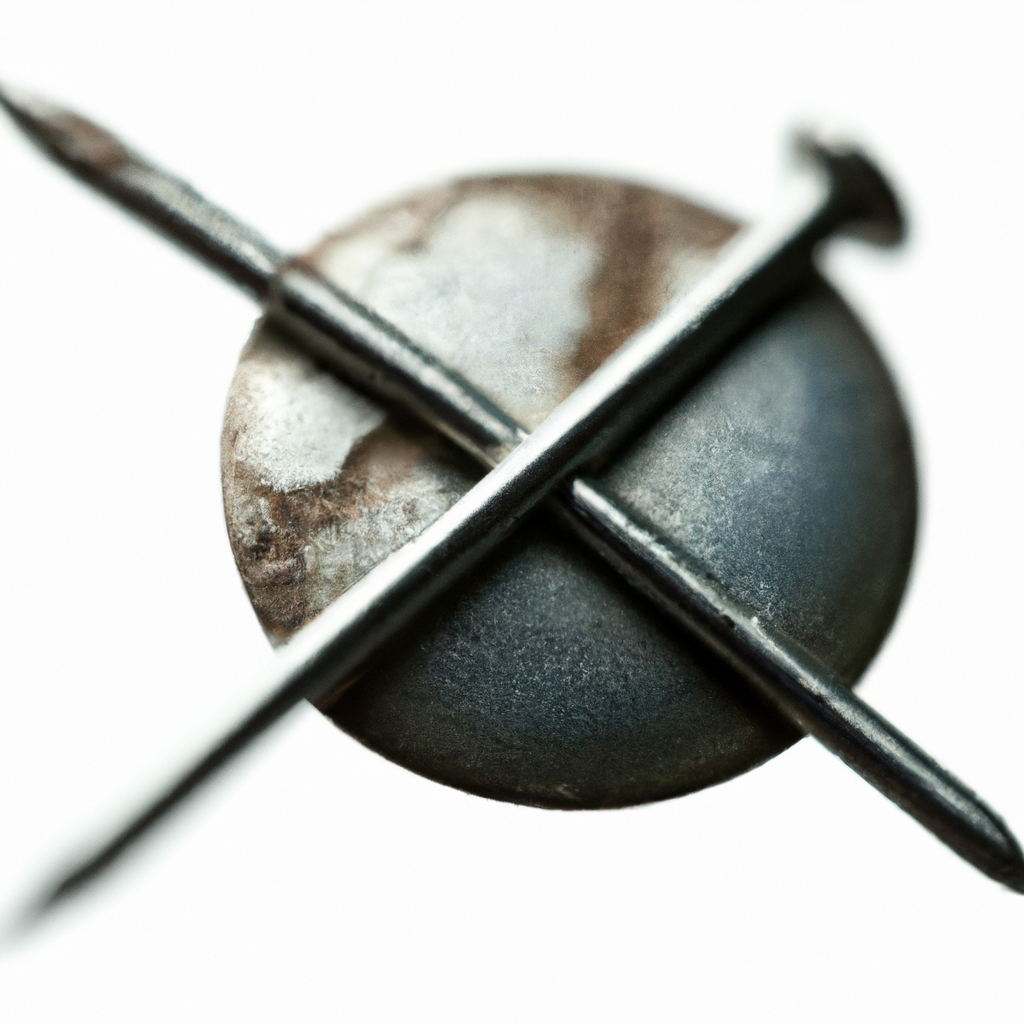
1. **Tightness:** Tight calf muscles can result from overuse, improper footwear, or inadequate stretching. This tightness can lead to discomfort and even more severe issues if left untreated.
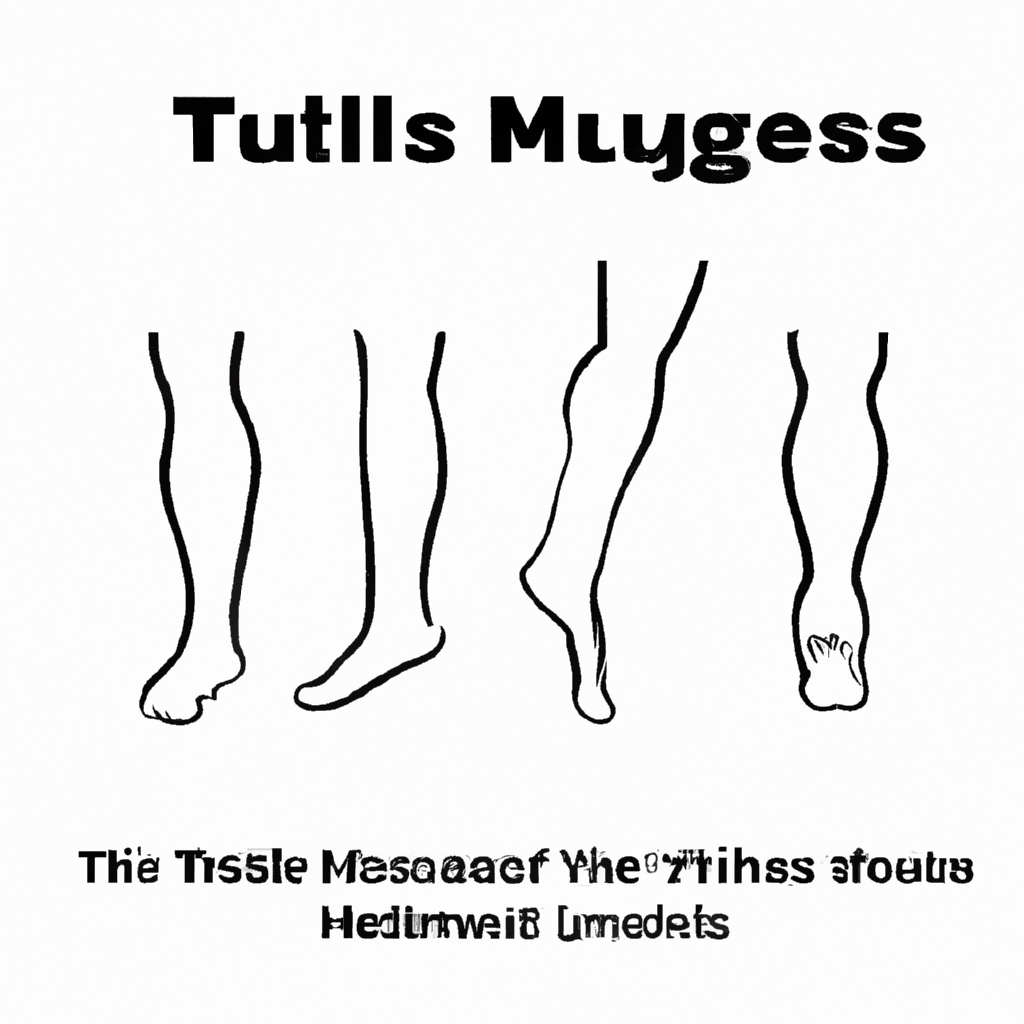
2. **Strains and Sprains:** Calf muscle strains and sprains are common injuries that can occur during physical activities. These injuries may cause pain, swelling, and limited mobility.
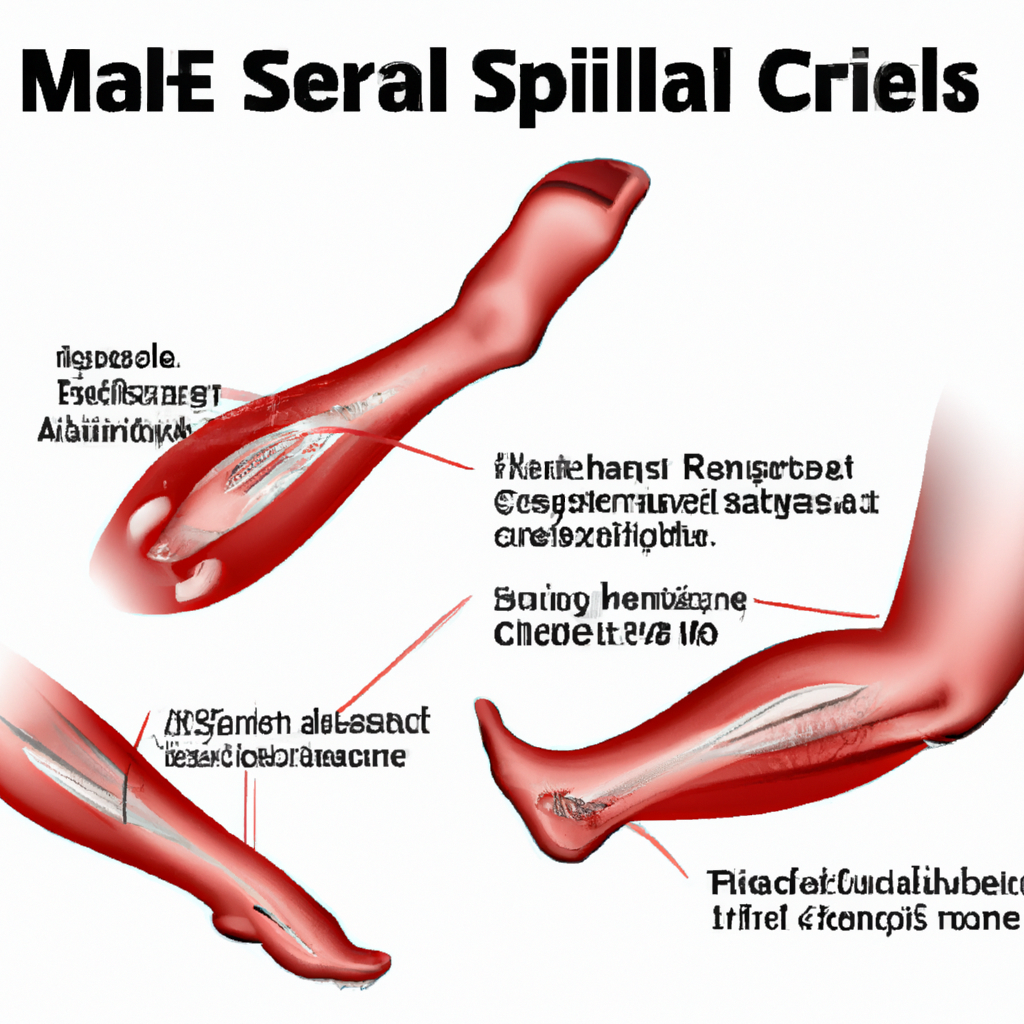
### Tips for Calf Muscle Care:
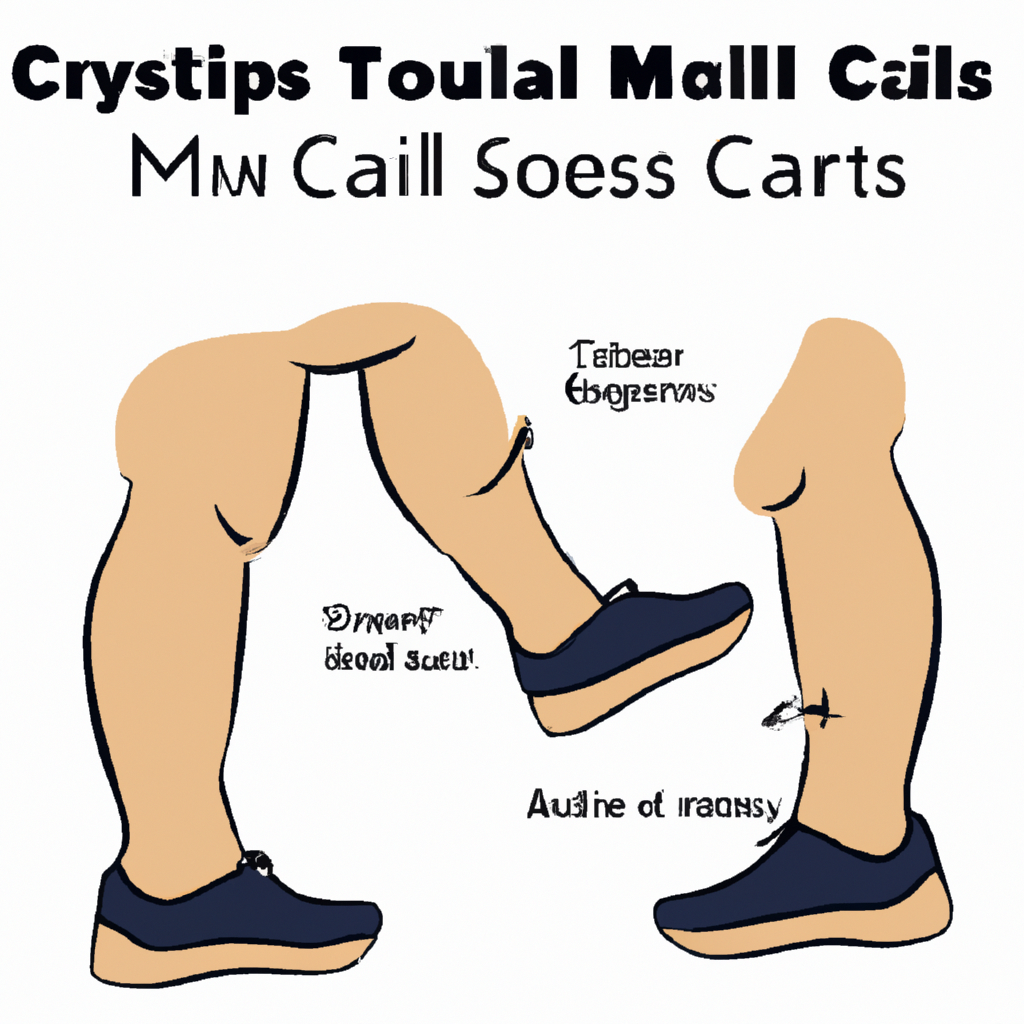
1. **Stretching:** Incorporate regular calf stretches into your daily routine to improve flexibility and reduce the risk of tightness and injuries.
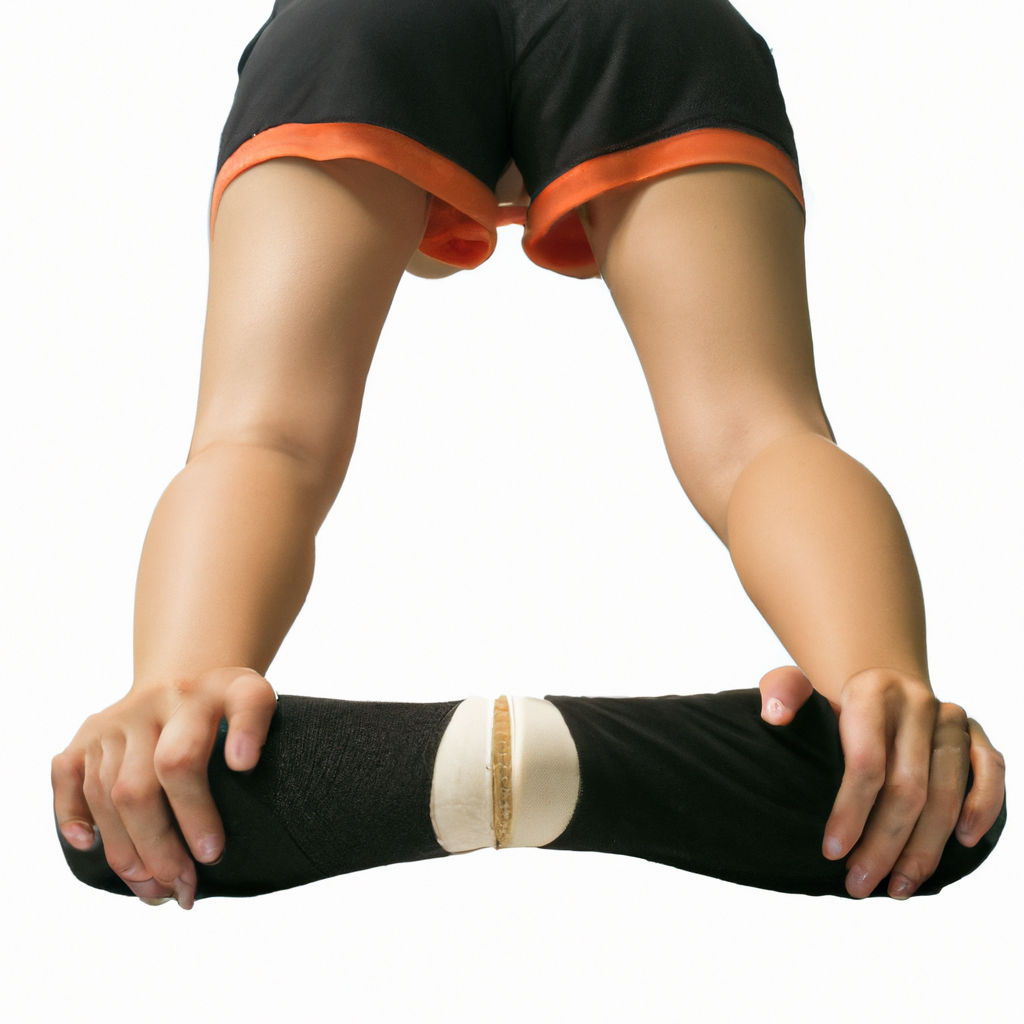
2. **Strength Training:** Include exercises that target the calf muscles, such as calf raises and heel drops, to build strength and stability.
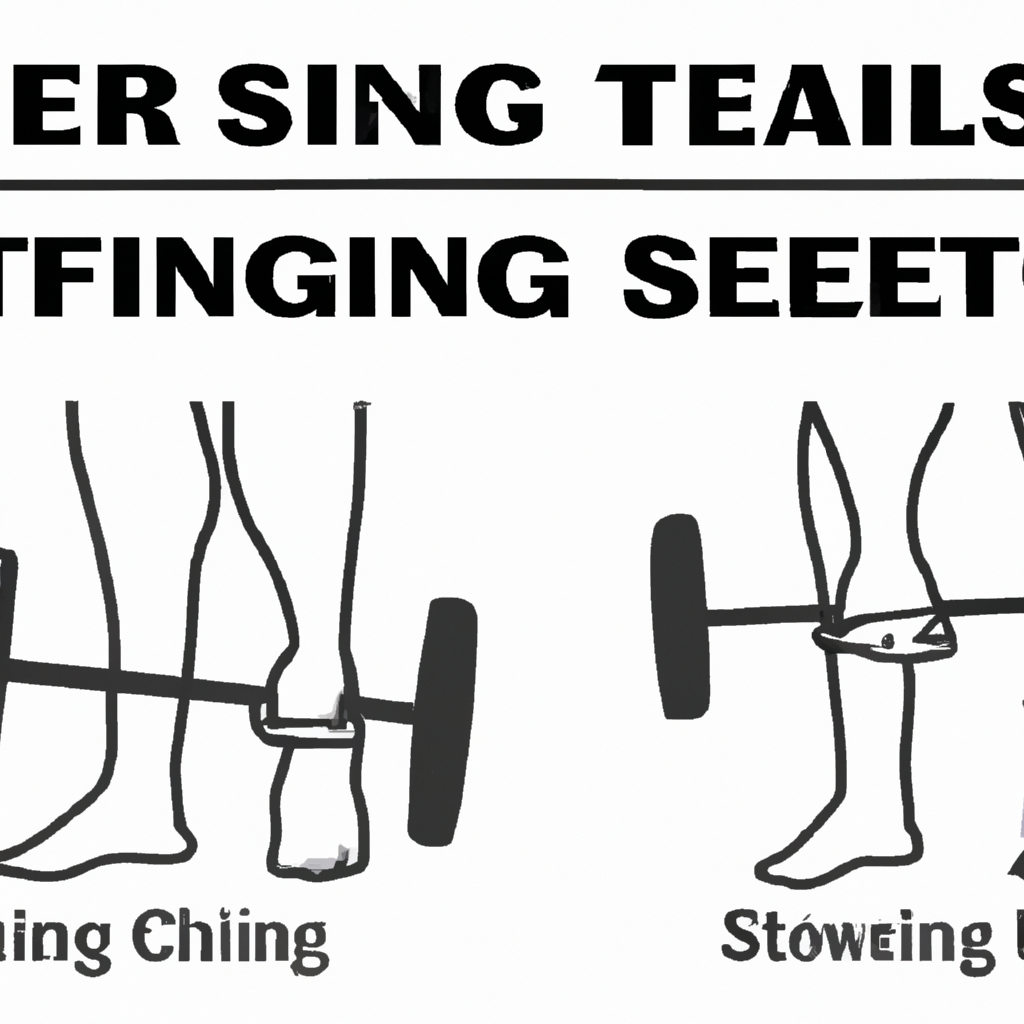
3. **Proper Footwear:** Wearing appropriate footwear that supports your arches and provides cushioning can help prevent strain on your calf muscles.
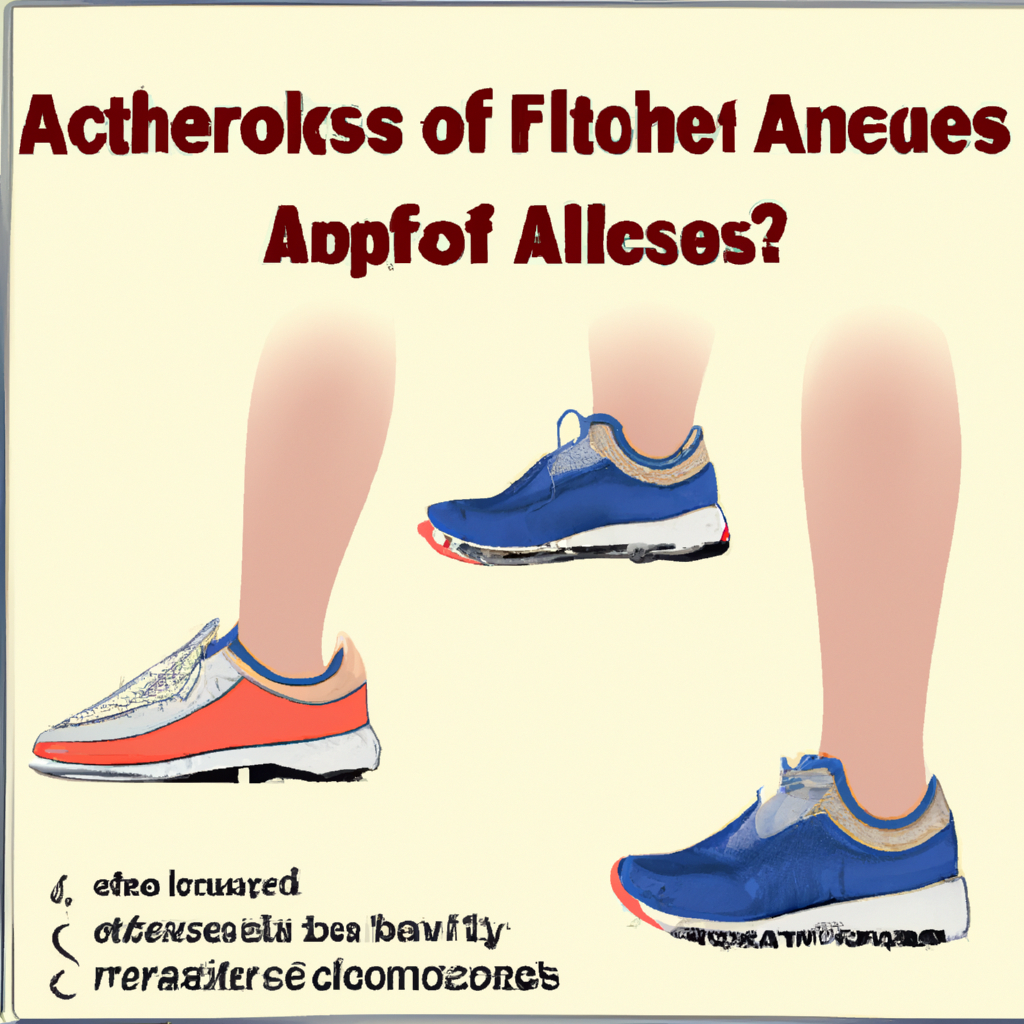
4. **Rest and Recovery:** Allow your calf muscles time to rest and recover after intense workouts to avoid overuse injuries.
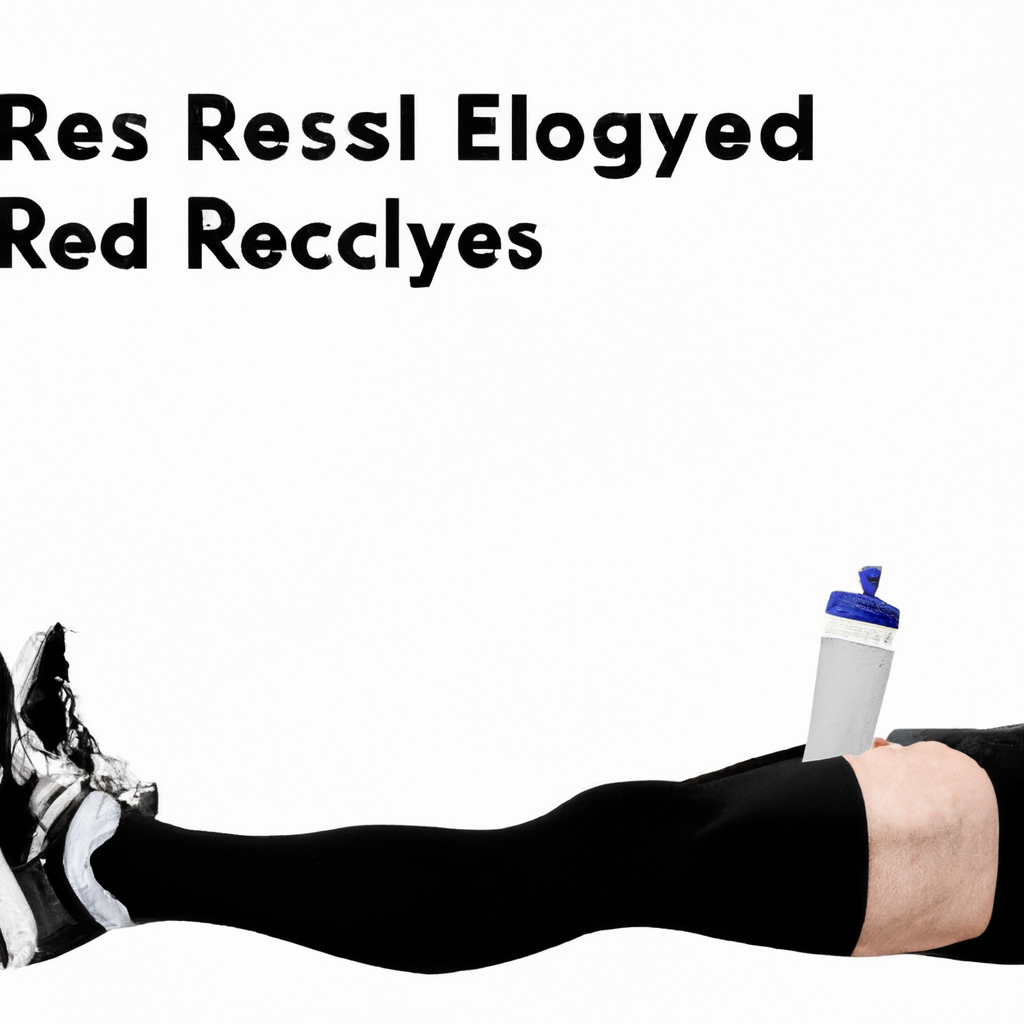
## Conclusion: Take Care of Your Calf Muscles
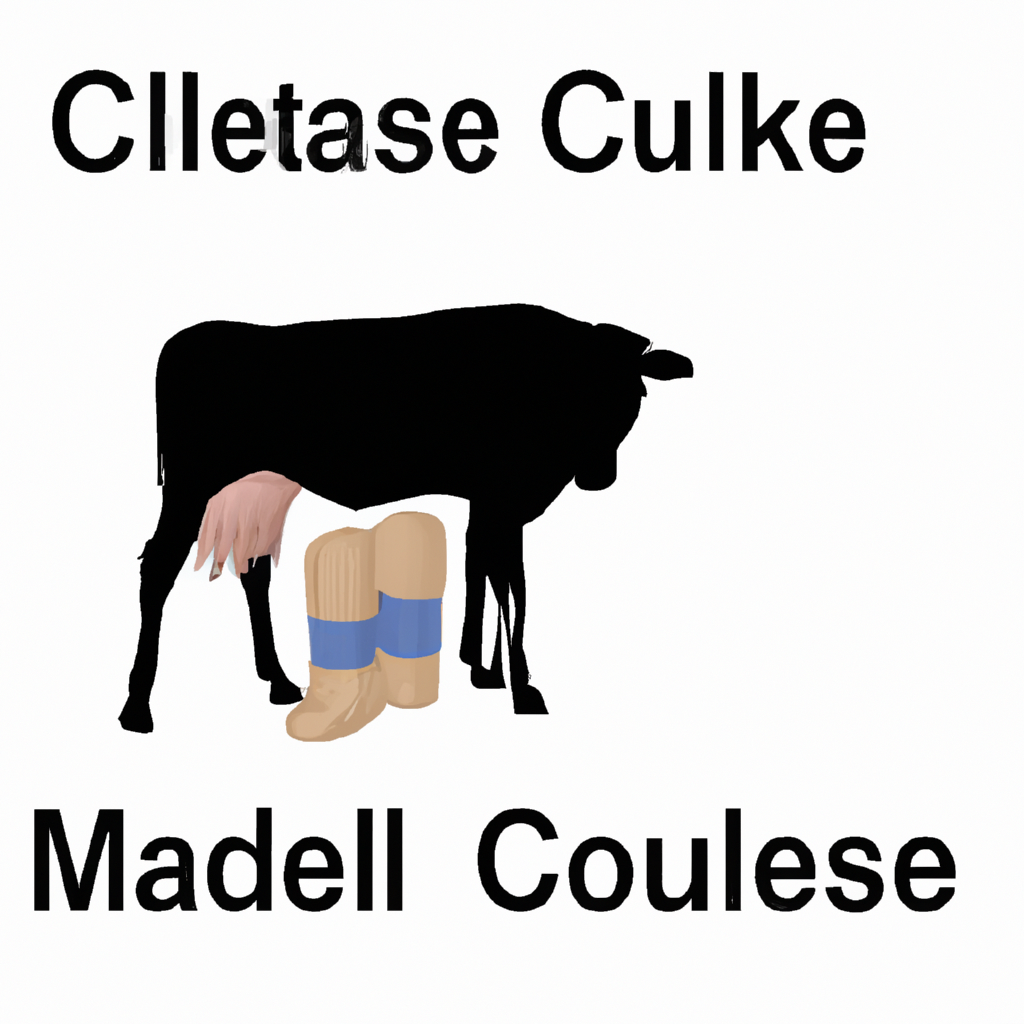
Your calf muscles are vital for everyday movements and physical activities, so taking care of them should be a priority. By understanding the anatomy of your calf muscles, being aware of common issues, and implementing proper care strategies, you can keep your calf muscles strong and healthy.

Remember, a proactive approach to calf muscle care can enhance your overall well-being and performance in various activities. Subscribe to our blog for more fitness tips and advice on how to maintain a healthy lifestyle!

*Subscribe now to stay updated on the latest health and fitness information!*

—

By implementing these simple strategies, you can ensure that your calf muscles remain strong and functional, allowing you to move with ease and confidence in your daily activities. Stay tuned for more insightful content on how to optimize your physical well-being.
